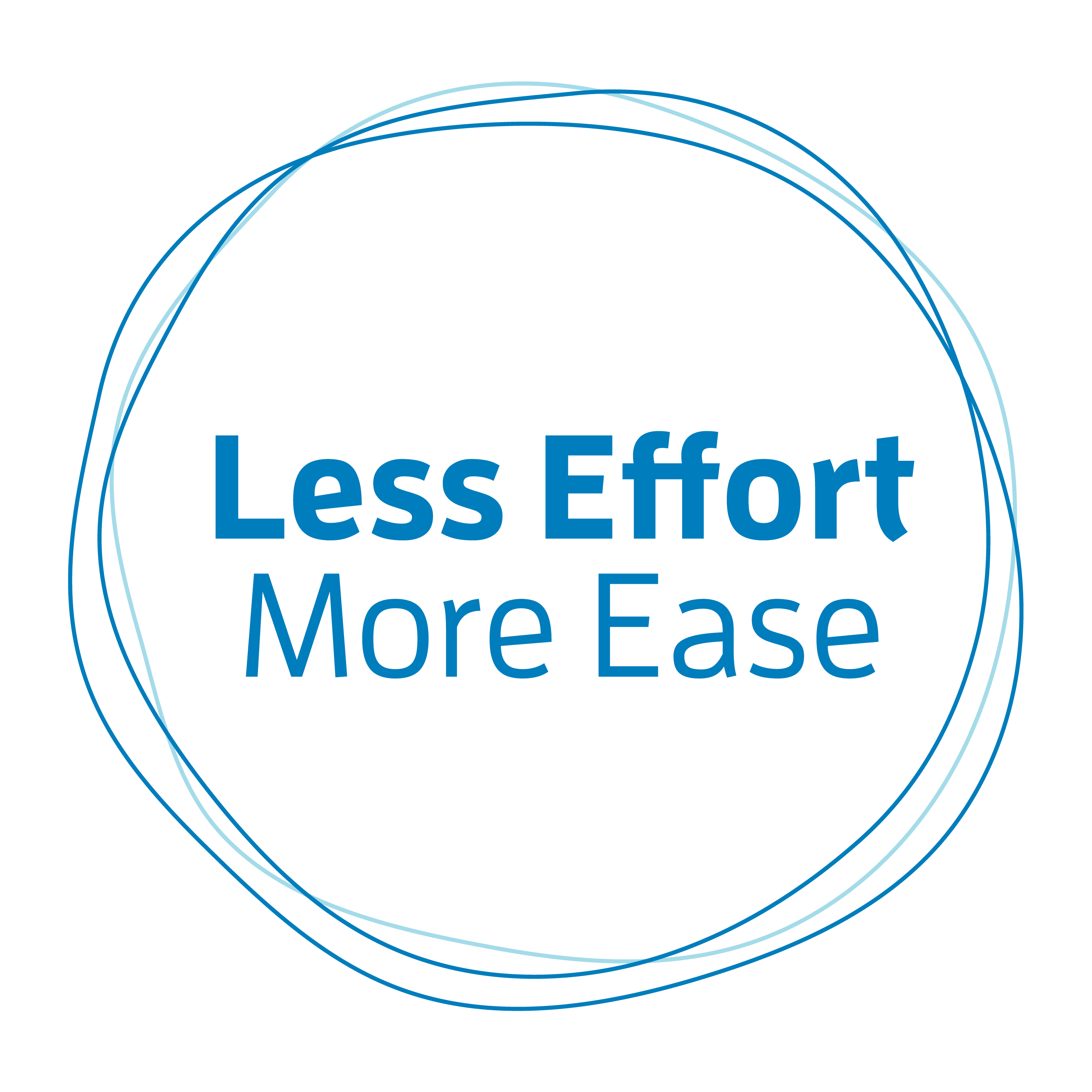Being physically uncomfortable and being too afraid to “rock the boat” don’t go well together.
Think back to a time when you were in the company of others and you were somehow physically uncomfortable.
Maybe you were
- sitting through a too-long concert and your lower back was hurting.
- in a classroom and the windows were open and you were shivering so much your nails were blue.
- sitting at a friend’s dinner party and the chair was so incredibly uncomfortable you could hardly focus on your food.
- Maybe you were in the middle of a long day of travel, at yet another airport, your next plane was delayed and your whole body ached.
- sitting on a plane for hours on end in a middle seat and everything felt stiff.
These five examples are all experiences that I vividly recall from my own life.
In each of the above cases I knew exactly what I needed to do to take care of myself, so I would feel better—but I was afraid if I did it I’d bother the people around me.
I was afraid to “rock the boat”.
In each case, I was making a lot of assumptions.
To be honest, I didn’t know if, in fact, I’d bother others if I did what I needed to do. I was assuming the worst. (That’s my pessimistic self, rearing its ugly head)
- At the concert, I knew I needed to stand up and move around. But I assumed if I asked to be let out of my row everyone would be annoyed.
- In the classroom with the windows open, I needed to close the windows (I’d already moved as far away from the windows as possible). But I assumed my friend would be uncomfortable if I asked to close the window because he was always hot.
- At the dinner party, I needed to get a pillow off the couch and put it behind my back. But I assumed my host would think I was weird or even say no if I asked.
- On the plane, I needed to get out, stand up and move around. But the woman on the aisle was sleeping and I assumed she’d be pissed if I woke her.
- In the airport, I wanted to lie down on my back in a quiet corner on the floor. But I assumed people would stare at me.
In each of the above cases my habitual reaction to the situation was to assume that if I said or asked for or did what I needed to do, others would be annoyed.
So, I wouldn’t say or ask for or do what I needed to do.
I’d stay put and grin and bear it.
Not good for me or my body.
My habitual reaction to the above types of situations is still the same today as it’s always been.
What’s different is I recognize the reaction and I actively choose not to react in this way.
Instead, I practice speaking up, asking for what I need, or doing what I need to do.
Most of the time people aren’t annoyed and are very understanding.
I can’t remember the last time someone stared at me (they’re usually way too preoccupied with their phones to even notice what I’m doing).
And if someone does get annoyed I have to remember that I’m responsible for my actions and reactions and they’re responsible for theirs. It’s their choice to be annoyed by me or not.
Next time you’re physically uncomfortable and in the company of others and you’re afraid to say or ask for or do what you need to do to take care of yourself—stop, reconsider, and decide to take care of yourself and “rock the boat”.
Are there places where you need to take care of yourself better by “rocking the boat”?
I’d love to hear from you. Share your story in the comment section below.




